It is expected that our people, notably our leaders and the elite who attended the inauguration of President Cyril Ramaphosa for a second term last week are following political developments in South Africa where institutions of governance and democracy are deepening democracy for development at the moment. I hope our duty bearers and big men in Abuja who watched the inauguration live on global networks have taken their time to study the South Africa’s 2024 election as a process, not just the simple but short and impressive inauguration at the Union Buildings in Pretoria. I would like to continue with the deconstruction of the South Africa’s election and its outcome this week because of two out of many strategic responses I received from two significant intellectuals I can’t ignore on this same title here last week.
One response came from Professor Ladipo Adamolekun, a respected authority on public policy and political science who also served at the United Nations and the World Bank for almost two decades. The other one landed from Professor Adekeye Adebajo, a Senior Research Fellow at the University of Pretoria’s Centre for Advancement of Scholarship. Let’s do some contextual reporting of democracy and development in South Africa for our people to follow processes that enrich democracy in a country where leaders don’t allow immunity clause in the constitution to cover up misrule, nonperformance and even executive lawlessness and corruption.
After reading the pundit, Adamolekun’s short note to me, I began to think about the trouble with the constitution that our legislators have been constituting committees to amend all the time. To the Ibadan and Oxford product, Adamaolekun, amendment of this military-centric constitution would not change anything in Nigeria. According to him, only a new constitution would be acceptable. His words to me:
Thanks for sharing. You’ve highlighted some lessons that Nigeria can learn from South Africa’s latest elections. Six female speakers in a row is certainly remarkable.
Zuma’s strong performance is a reflection of his extensive network and popularity during the anti-apartheid struggle. South Africa’s proportional representation electoral system that you did not mention also contributed to his party’s decent performance.
Two other key features of SA’s political system that enhance good democratic practice are: (1) political parties do not have to have national spread – Nigeria’s military-inspired provision that favour control of politics by the wealthy who can finance nation-wide parties and (2) representatives of the people (MPs) elect the president unlike our expensive nation-wide voting for a president.
It’s only though a NEW CONSTITUTION, not amendments of the 1999 military contraption that Nigeria’s democratic practice can be re-orientated.
Have a great week.
Professor Adebajo, author of so many books on South Africa’s people, policies and politics wrote a short note to me on the complexity of South Africa’s parliament, that looks unicameral from their proceedings but it is actually bi-cameral in the structure put in place by organic law of the land. Accordingly, only one presiding officer, the Speaker, elected in a transparent and inclusive manner is in the picture. Thereafter, on telephone discussions, he shed some light on the complex nature of politics and policies in South Africa whose court was trying a prominent opposition figure, Julius Malema on firearms charges even on the day of inauguration – yet no reference to political persecution by the ruling party and the executive. Adebajo’s brief note: Many thanks, Editor. Interesting article. South Africa has two houses of parliament, not one as I have posted a link above…” This is one of the lessons – the making of a simple and cost-effective (bicameral) legislature, I would like to share with us, notably those who have their eyes of a restructured Nigeria with a new constitution. One man, Tony Nnadi has been advocating all over the place through his VOR that we need to change this constitution, which multi-dimensionally hamstrings us and empowers an imperial presidency.
The South Africa’s legislature is very powerful and not user-friendly to any executive powers. That is the centre of even political recruitment, I mean where the President is elected, where the Speaker, the Deputy, the premiers of the regions are elected and confirmed. Let’s do a reading of the South Africa’s Legislature, which sits in a different City Cape Town, not Pretoria where the executive arm is located.
The Lesson in Parliament
Every five years the people of South Africa get an opportunity to cast their votes for a new Parliament. Each new Parliament is numbered. For example, in the elections of 1994 people voted for the First Parliament. The Second Parliament came into existence after the general elections in 1999 and the Third Parliament in 2004.
Parliament consists of two Houses called the National Assembly and National Council of Provinces. Each House has its own distinct role and functions, as set out in the Constitution. However, there are many instances when the two Houses act together to conduct what is called “joint business”.
In the national sphere of government, the legislative power of the Republic is vested in Parliament. In other words, Parliament is responsible for making and passing laws and also elects the President and is a national forum where issues are debated publicly. The Assembly also has to scrutinise and oversee the actions of the executive.
See the beauty of the majesty of federalism in South Africa: Specifically, the National Council of Provinces, on the other hand, must ensure that provincial interests are taken into account in the national sphere of government. It does that by taking part in the law-making process and by being the forum where issues affecting the provinces are debated publicly.
Members of Parliament (MPs) elect the President, provide a national forum for the public consideration of issues, pass legislation, and scrutinise and oversee executive action. Parliament’s policy priorities set out long-term policy and outcomes. These are aligned with the priorities and outcomes of the National Development Plan (NDP).
To ensure that these outcomes and priorities are met over feasible timeframes, five-year, 10-year and 15-year milestones have been set. Since 1994, a number of steps have been taken to make it more accessible and to motivate and facilitate public participation in the legislative process. The official governmental website www.parliament.gov.za encourages comment and feedback from the public. There is no functional website like this in Nigeria.
The National Assembly of South Africa consists of no fewer than 350 and no more than 400 members elected through a system of proportional representation. The National Assembly, which is elected for a term of five years, is presided over by the Speaker, assisted by the Deputy Speaker. This is a model we can study to save cost of maintaining the offices of president of the Senate, the Deputy President of the Senate, the Speaker and Deputy Speaker of the Houses of Representatives and their many committees of both chambers that buy expensive SUVs for curious oversight functions.
Meanwhile, when do Nigerian legislators “scrutinise and oversee executive actions”? When will we witness (Nigeria) National Assembly’s “policy priorities that set out long-term policy and outcomes, which are aligned with the priorities and outcomes of the National Development Plan (NDP)”? Where is Nigeria’s National Development Plan that we can easily access for assessment?
Doubtless, we can shale the table about a new era for South Africa. But we should not ignore the lessons for leaders in Africa. For instance, while coalition rule is not unusual in southern African countries, the electoral experience of the ANC – one of the continent’s oldest liberation movements – serves as a warning to other liberation leaders not to take voters for granted. I hope the leader of Africa’s most populous nation, Nigeria is reading this: don’t take readers for granted.
Before the social media democratised access to information and awareness, members of southern Africa’s National Liberation Movement (NLM) parties of government saw themselves as the political aristocracy of the region, having earned their legitimacy to govern in perpetuity through armed struggle against colonial rule.
According to a leader writer at Chatham House, they have typically emphasised their past armed struggles to provide historical legitimacy and to build popular support. But for the populations governed by these movements, in some cases for several decades, the liberation narrative is now wearing thin.
A clear commonality among NLM leaders is the tendency to portray themselves as exceptional and untouchable. Jacob Zuma, the South African former president, described his mandate in divine terms in May 2008: ‘Even God expects us to rule this country… It is even blessed in heaven. That is why we will rule until Jesus comes back.’ Where is Zuma now?
South Africa, Namibia and Zimbabwe all had independence settlements that shared two of the same fundamental characteristics: settler populations that lost political power in exchange for guarantees of rights of minorities and property; and NLMs that gained control of the state in an exchange for accommodation with domestic and international capital.
In Angola and Mozambique, everything was expropriated by the state at independence. Although there has been some gradual privatisation, land remains leased by the state. The principal concern of all the NLMs in southern Africa has been to consolidate their power (including through transitional elections). Incumbency has enabled them to use the administrative and financial resources of the state to do so. As a result, all the movements show a trajectory of political, social and ideological decline.
Not all the movements took the same path to retain power. Without a secure national mandate, the ZANU-PF in Zimbabwe resorted to manipulating election victories. The near loss of the 2000 parliamentary election and the 2002 presidential election prompted ZANU-PF to ensure it would not lose again, through fair or foul means. Similar moves have been seen increasingly by FRELIMO in Mozambique and by the MPLA in Angola over the last decade. However, this was not the case for the ANC in South Africa and SWAPO of Namibia.
Regardless, the election result in South Africa should warn the NLM parties of Angola, Mozambique, and Zimbabwe that they must deliver on the economic promises, which they made to their electorates. Furthermore, they cannot expect to rule in perpetuity; there are winds of change blowing again across southern Africa. This is a lesson too for West and other Africans.
In South Africa, power sharing is not new to the ANC, which has also shared power. A national unity government was formed 30 years ago after the 1994 elections, marking the end of apartheid. It was a constitutionally defined multi-party government including the ANC, the DA and the IFP. Six ministers from the National Party were in the cabinet, including the apartheid-era president F. W. de Klerk.
What this year’s South African election demonstrates is that checks and balances provided by strong institutions can limit the powers of NLMs and compel them to share power.
We must not miss this: South Africa’s Independent Electoral Commission is exceptional and has demonstrated integrity, buttressed by a robust civil society and independent media, not constrained by the political economy of press freedom as we have in Nigeria at the moment.
All told, South Africa’s election provides an important example for all of us in Africa: that leaderships can no longer take power for granted. What is more, leaders in Nigeria who appear standoffish at the moment should realise that when citizens are hungry for real change, there is no force on earth that can change that!

 5 months ago
36
5 months ago
36
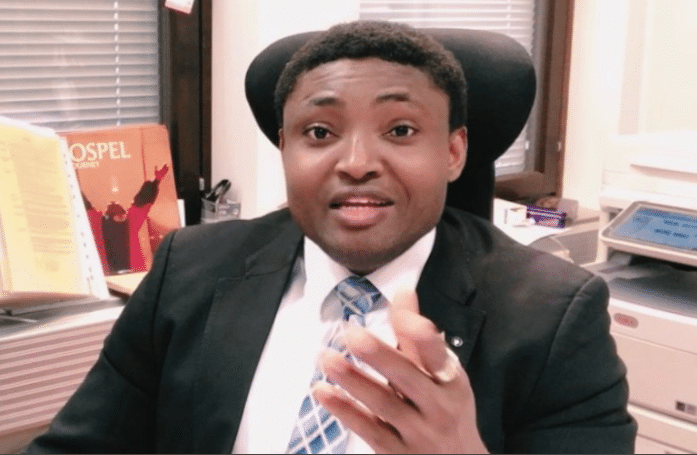
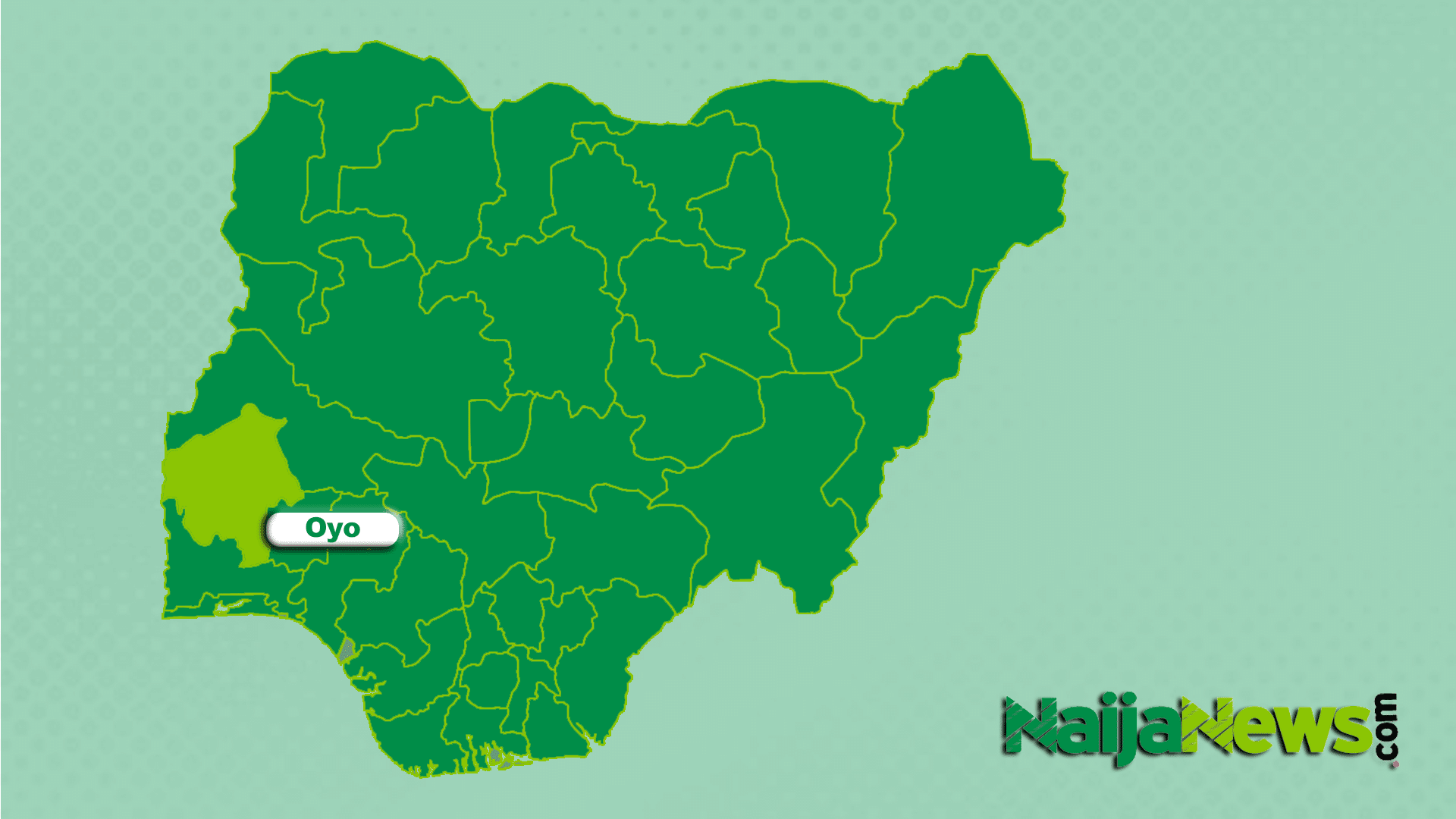
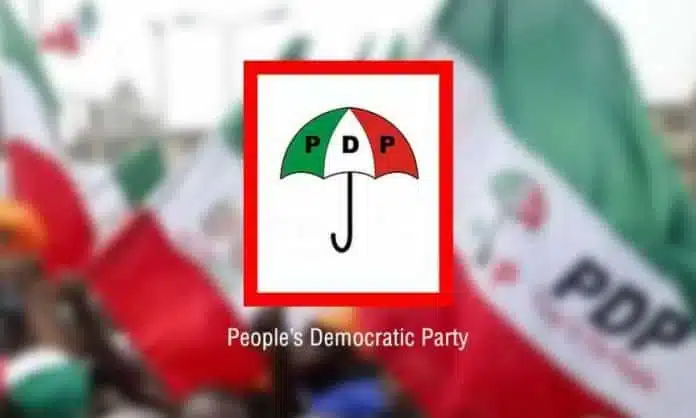
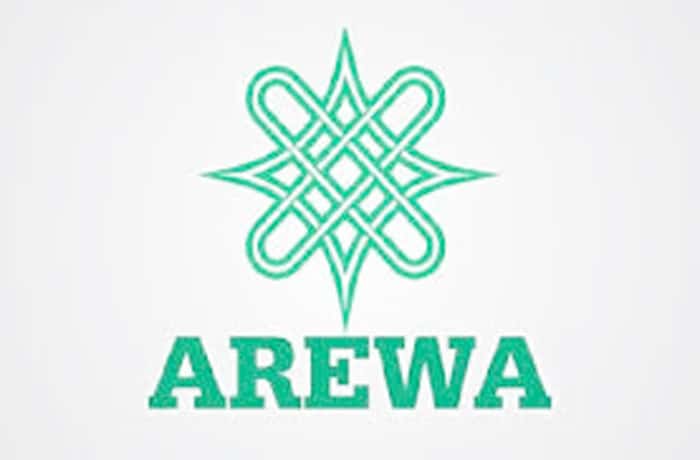
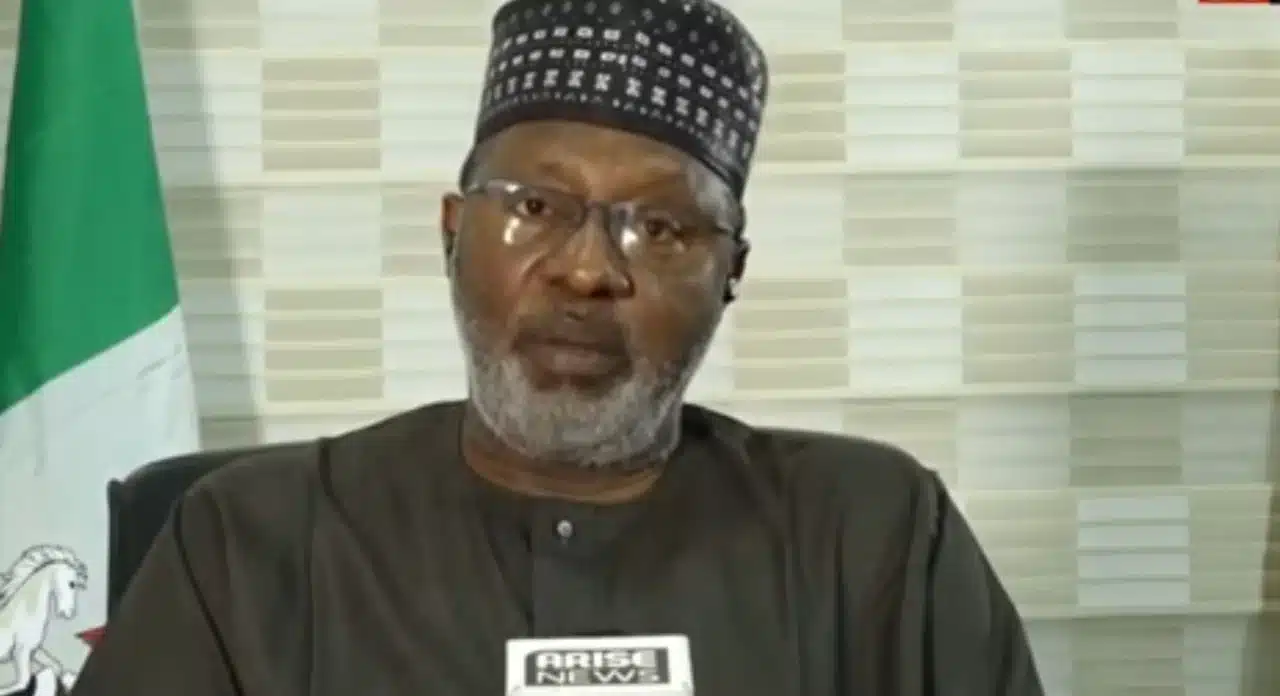










 English (US) ·
English (US) ·